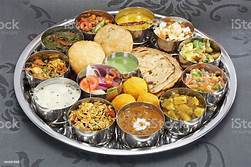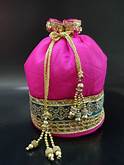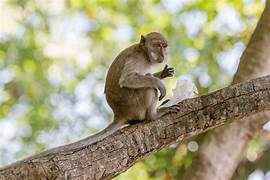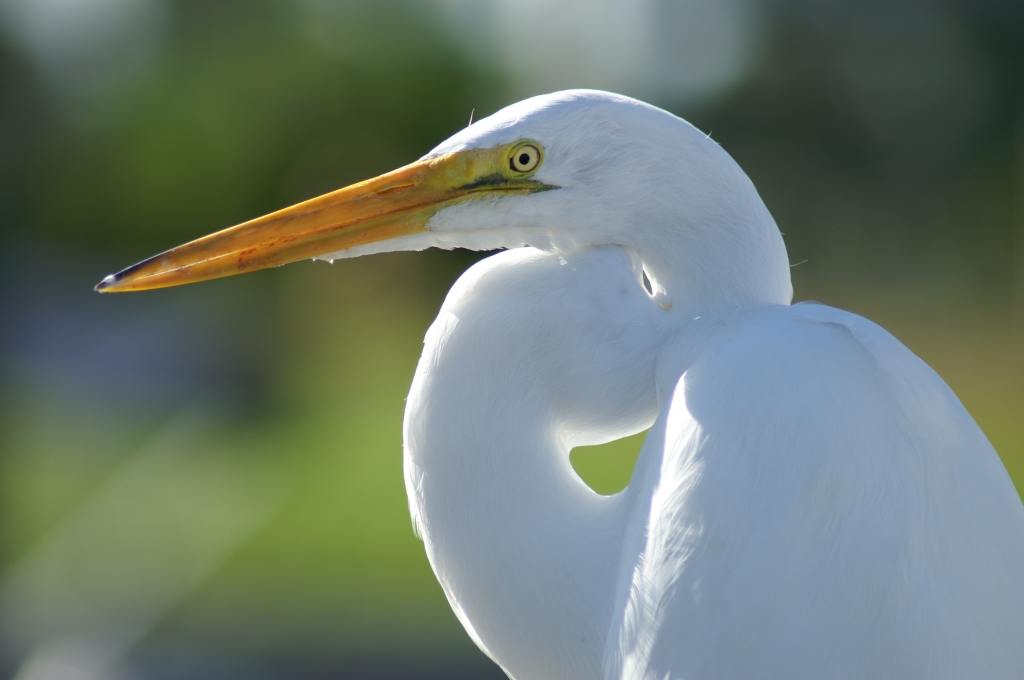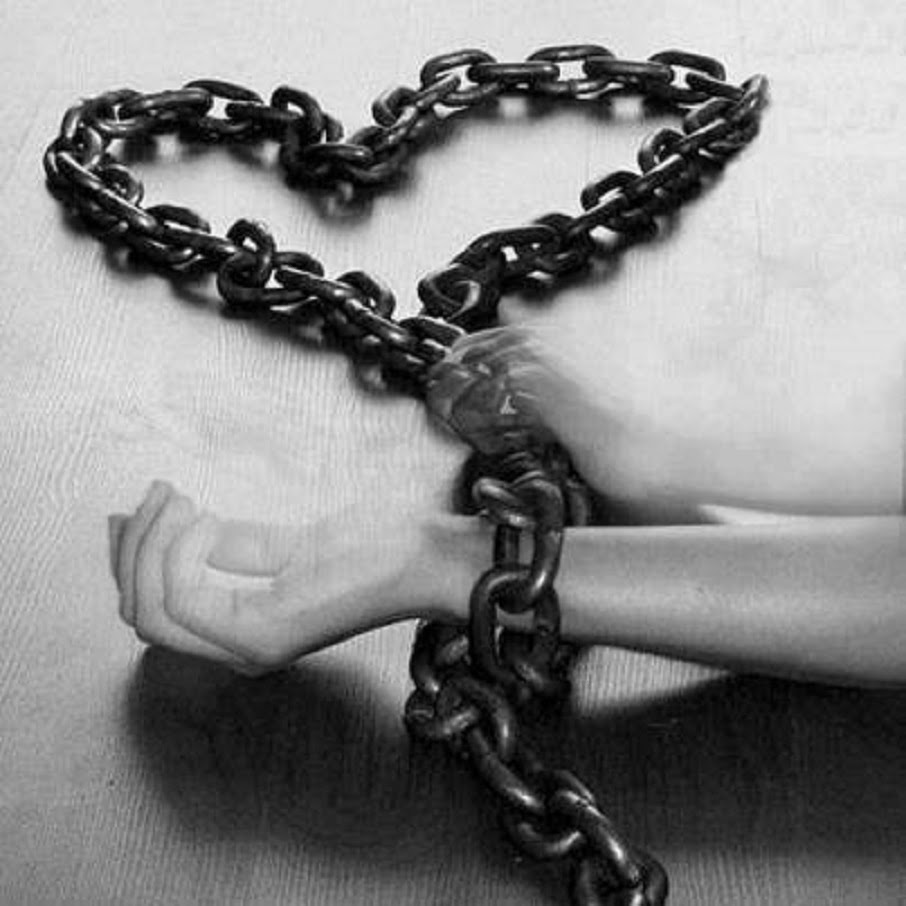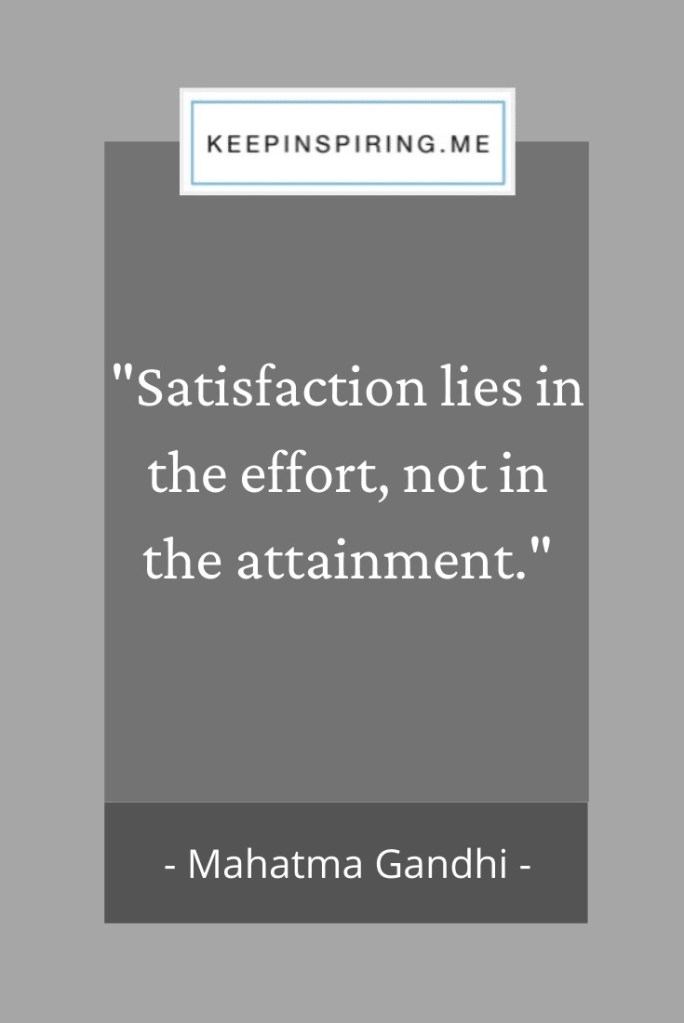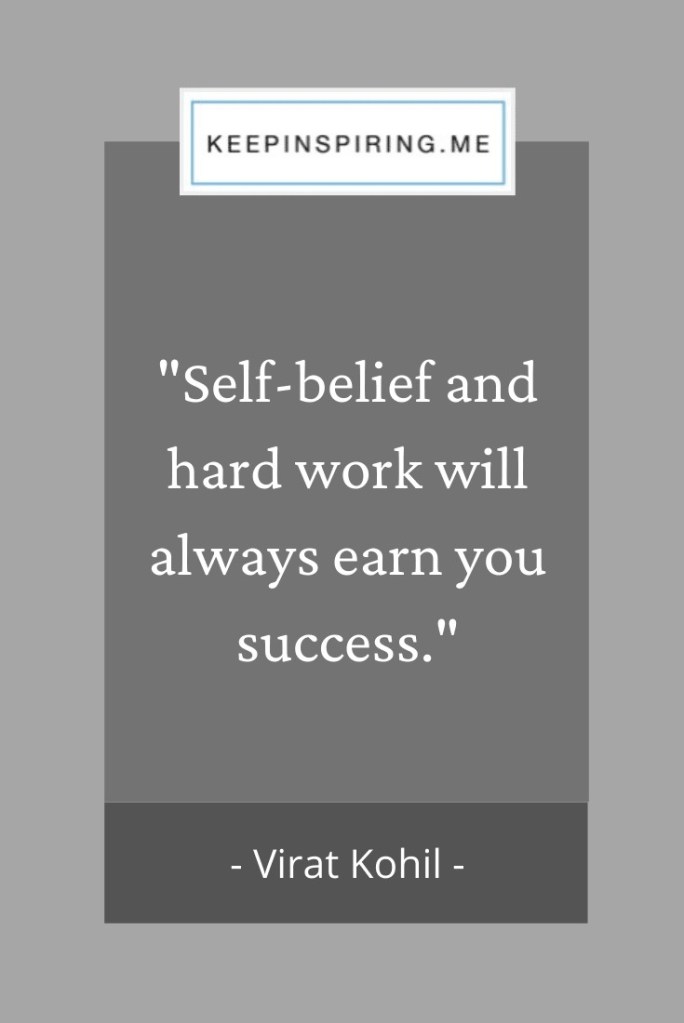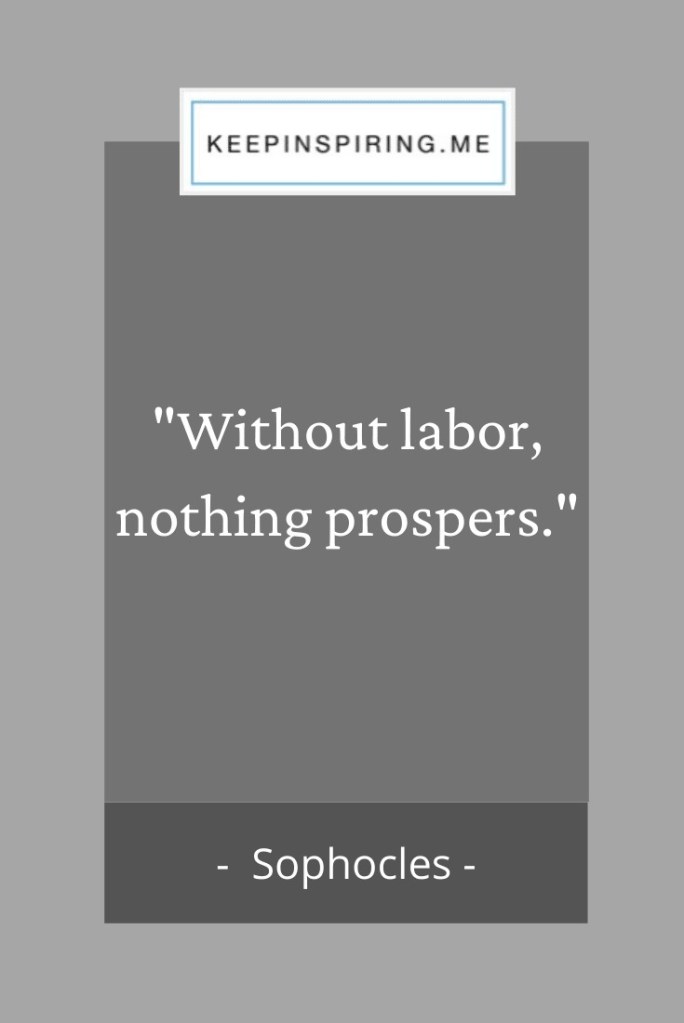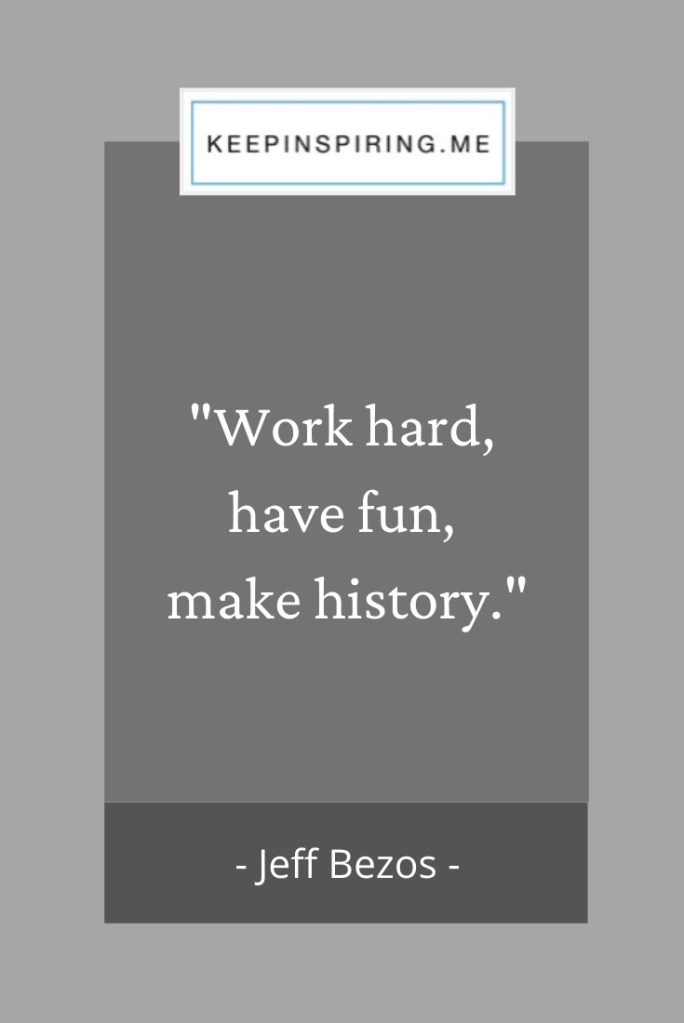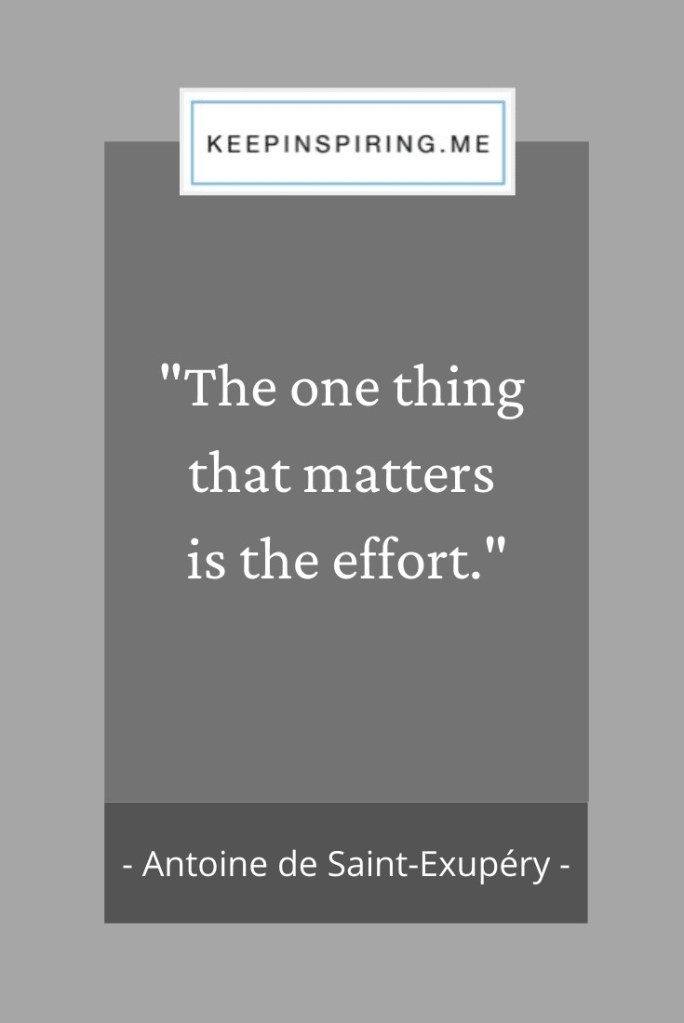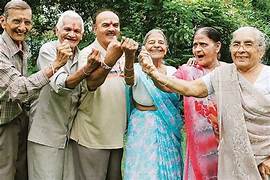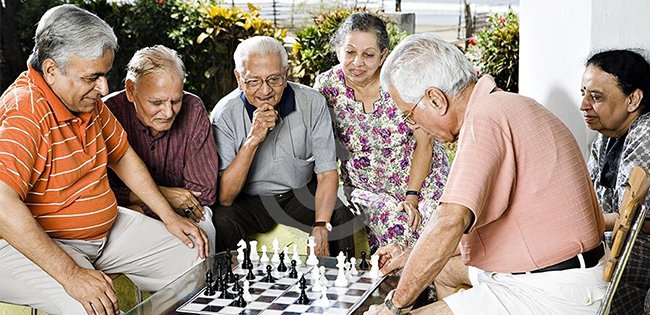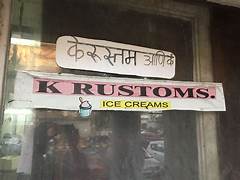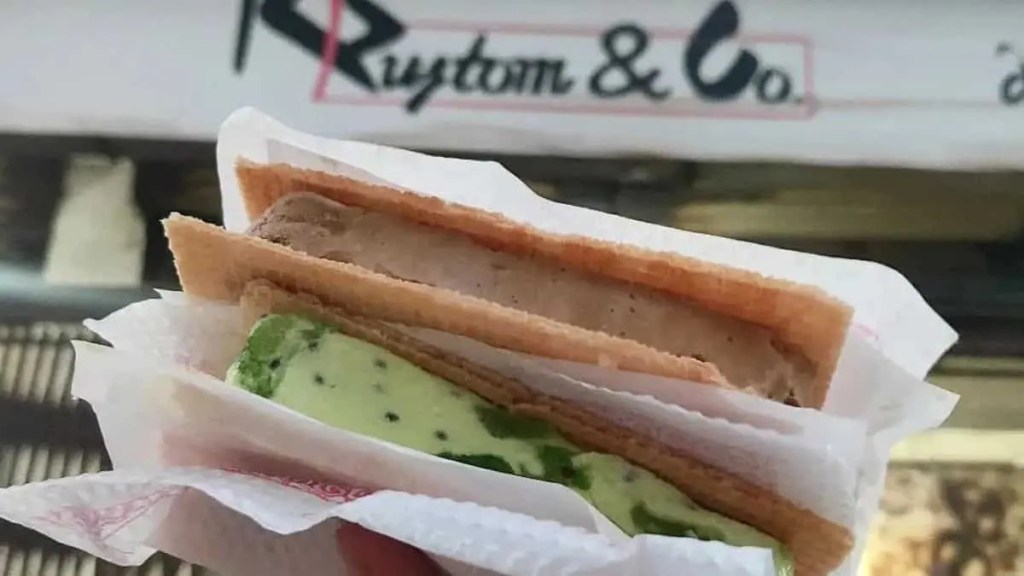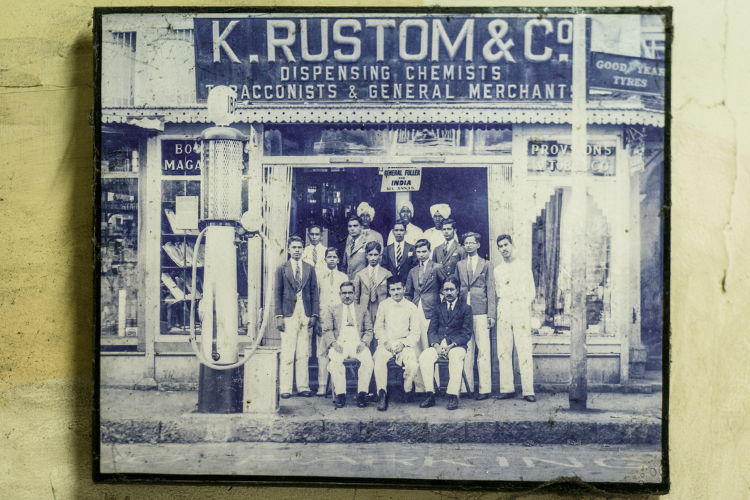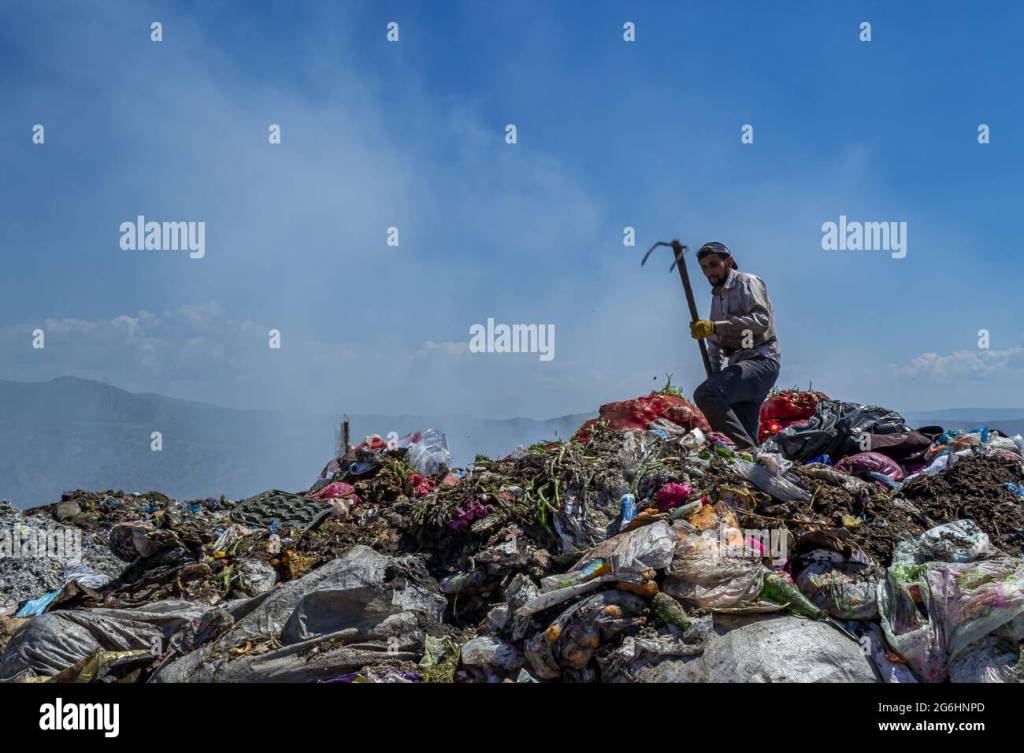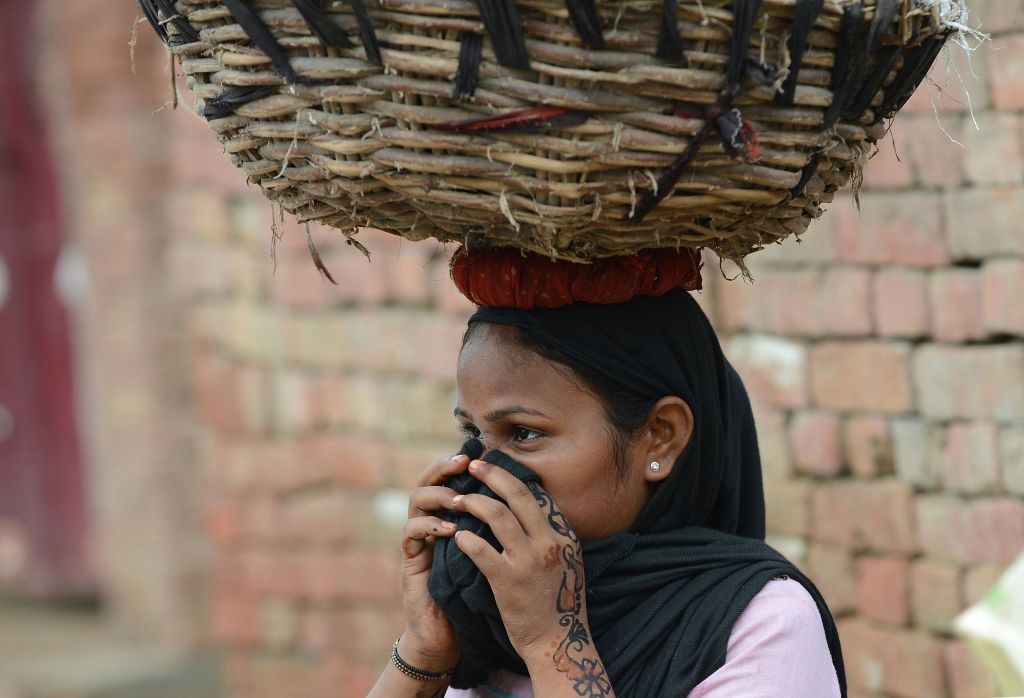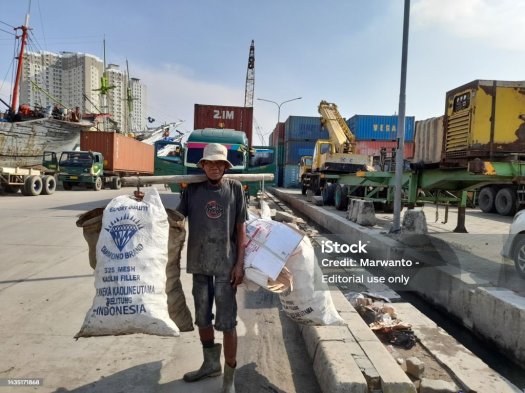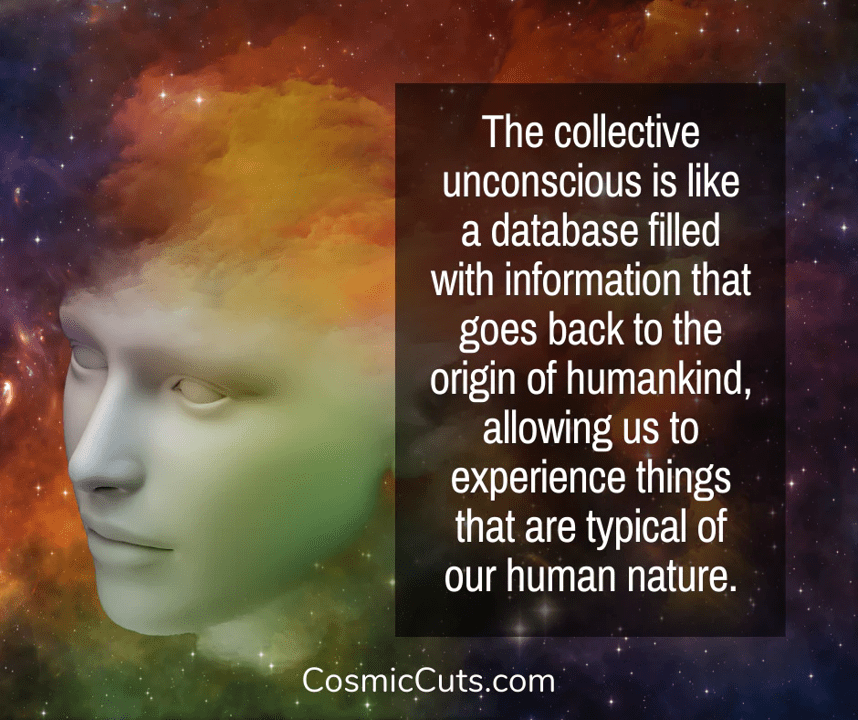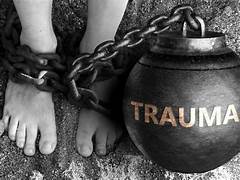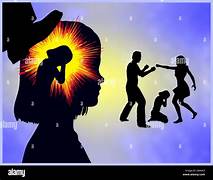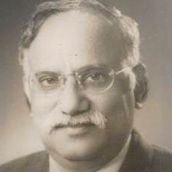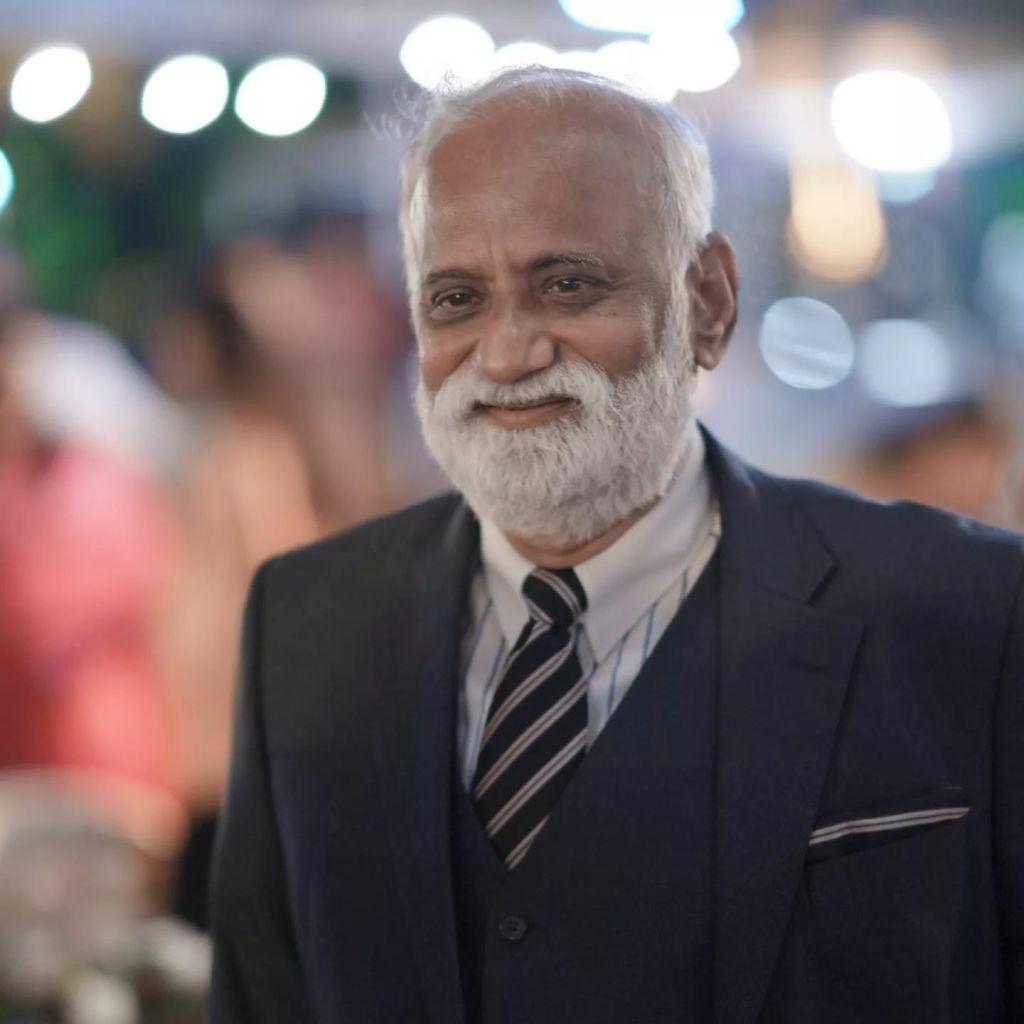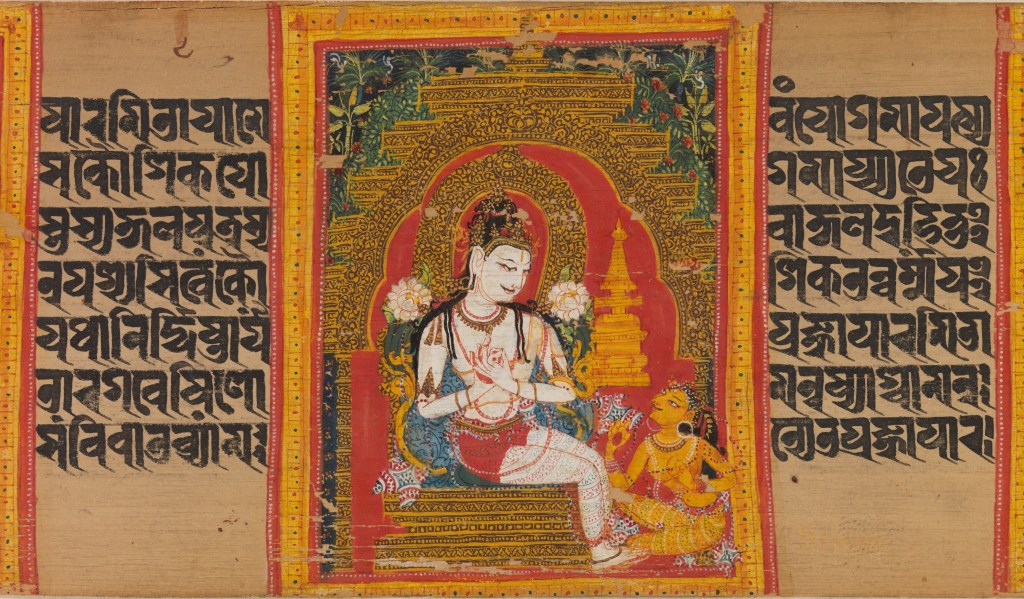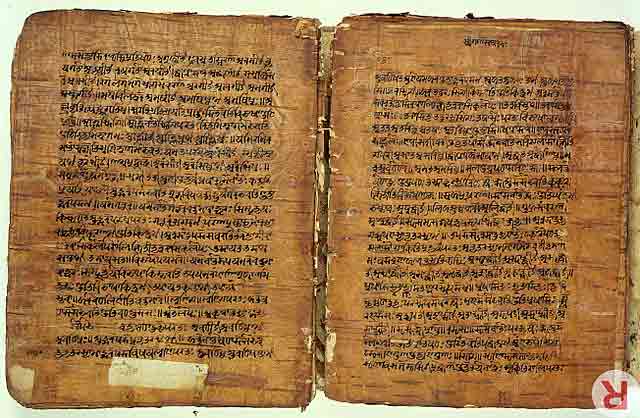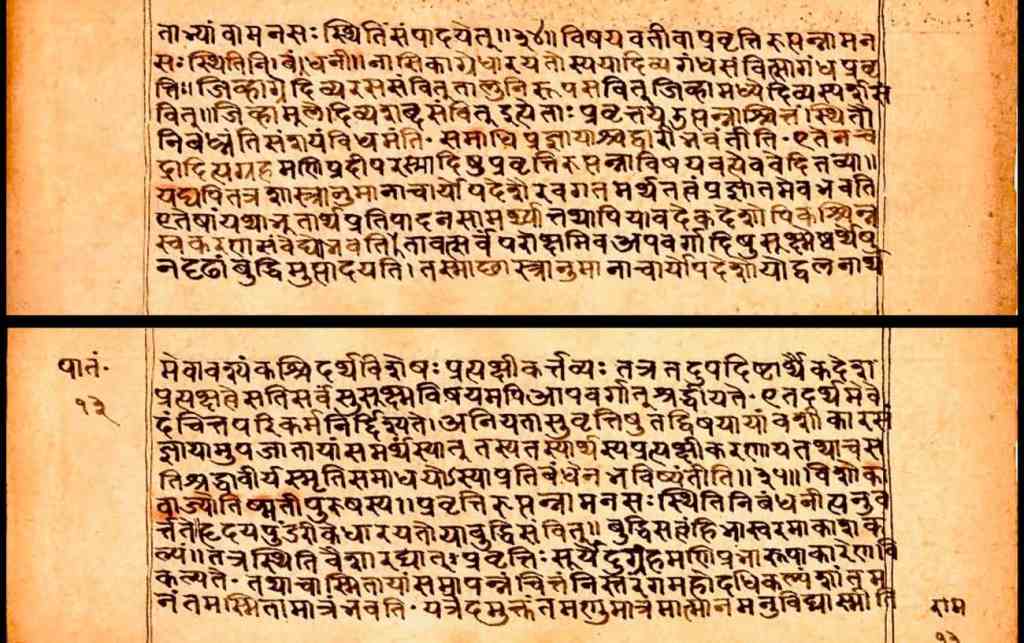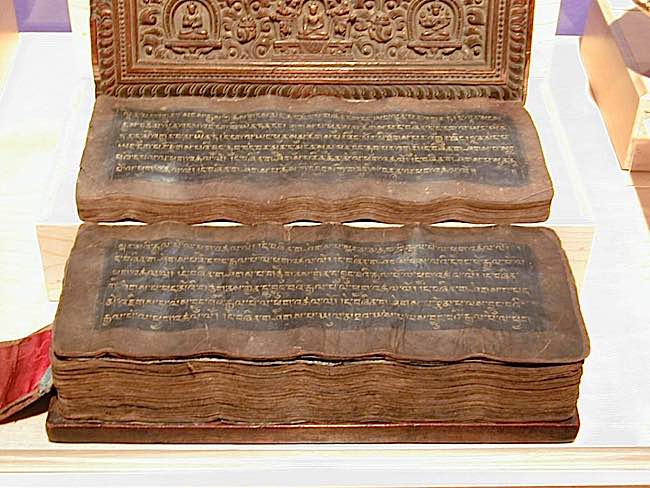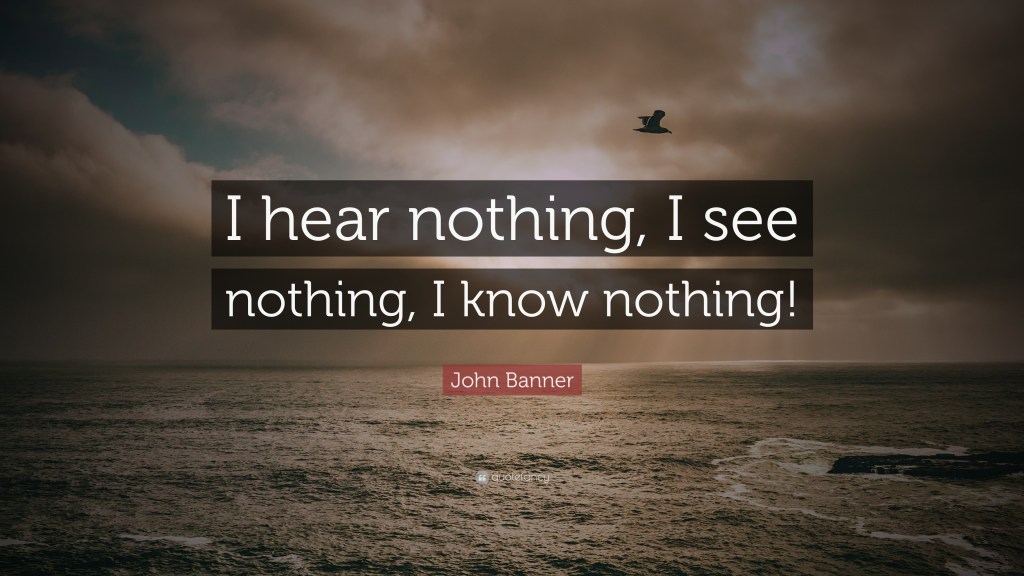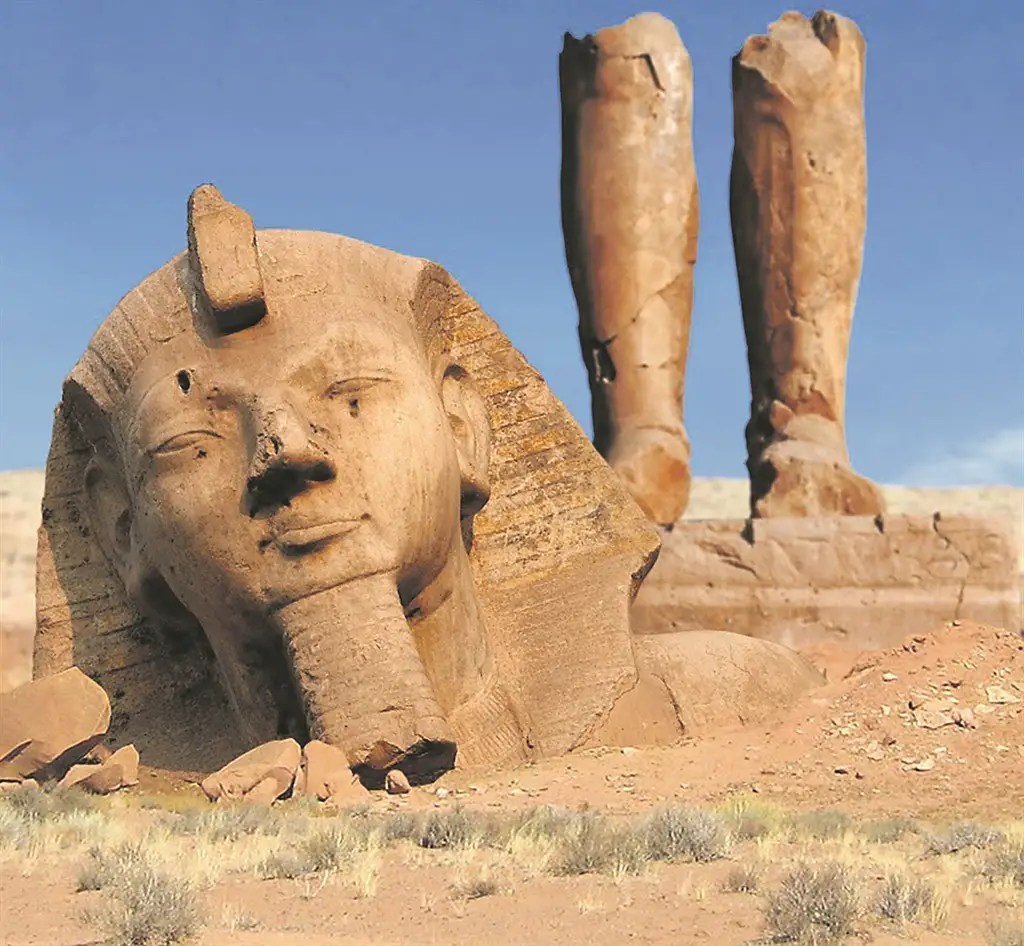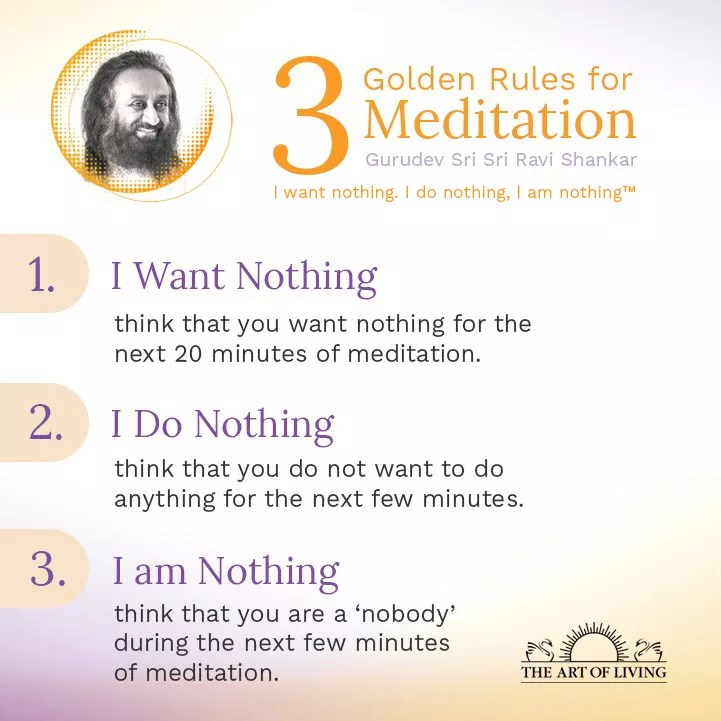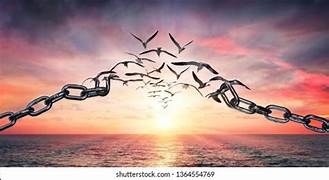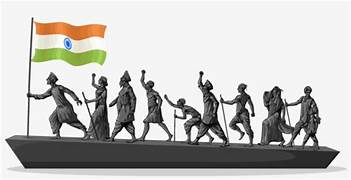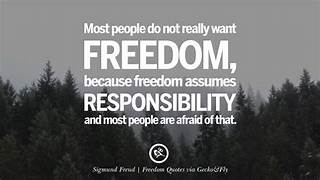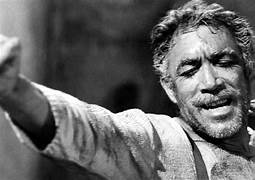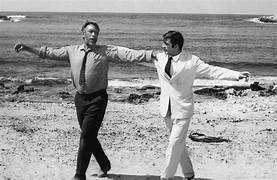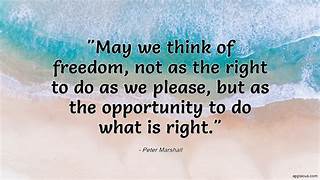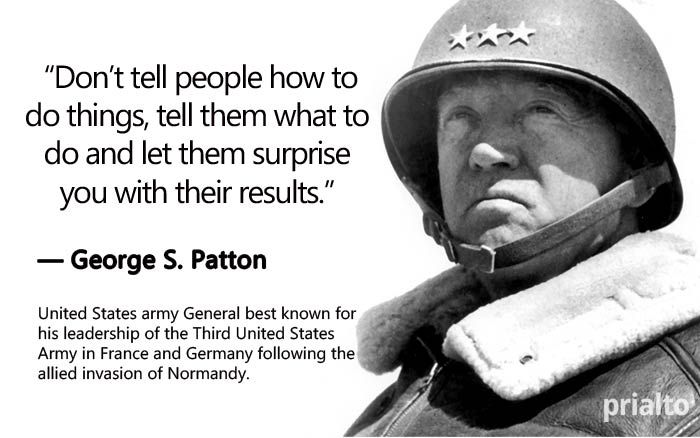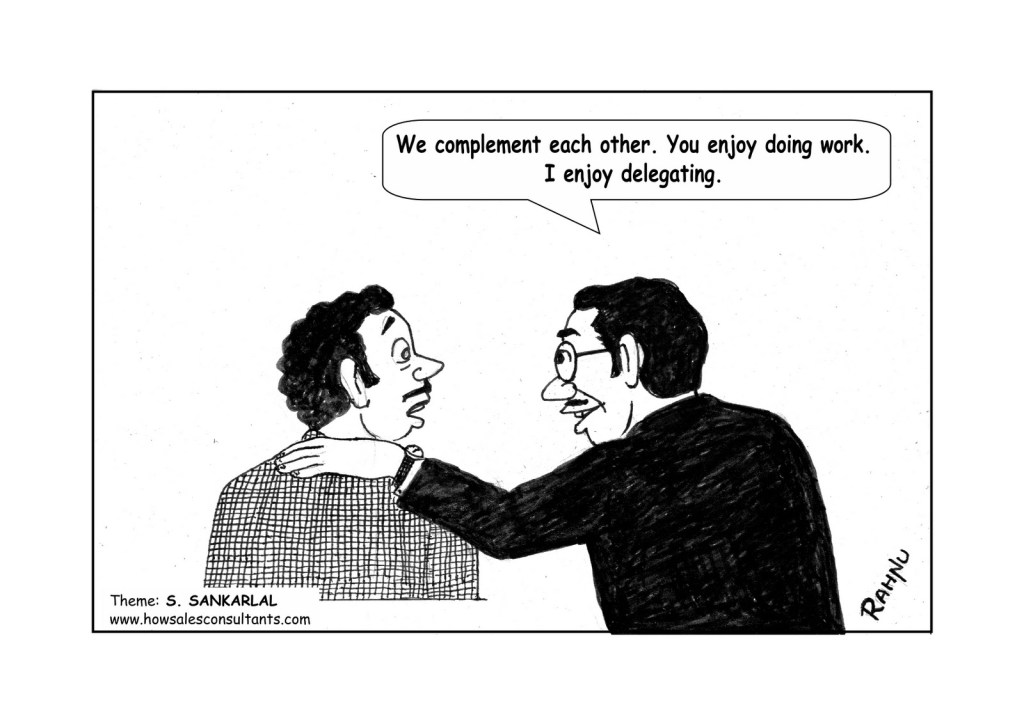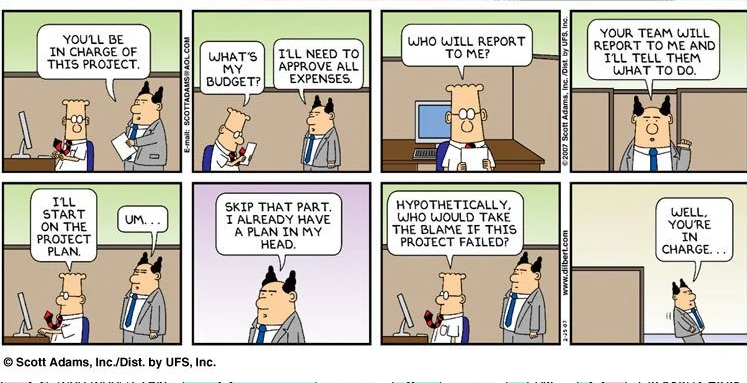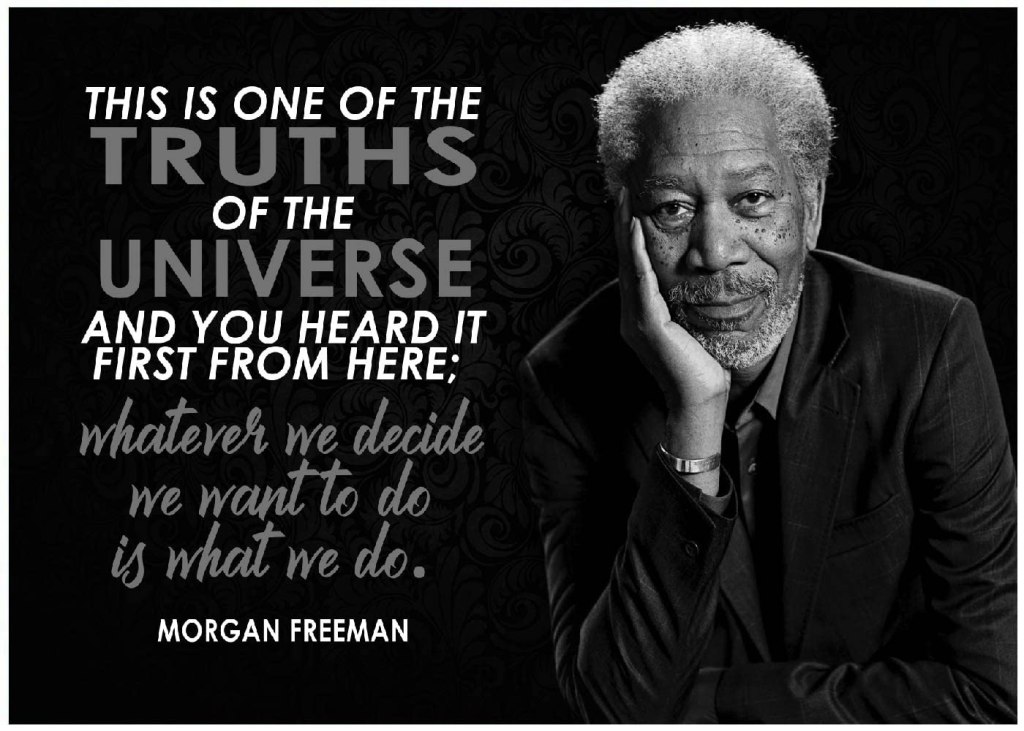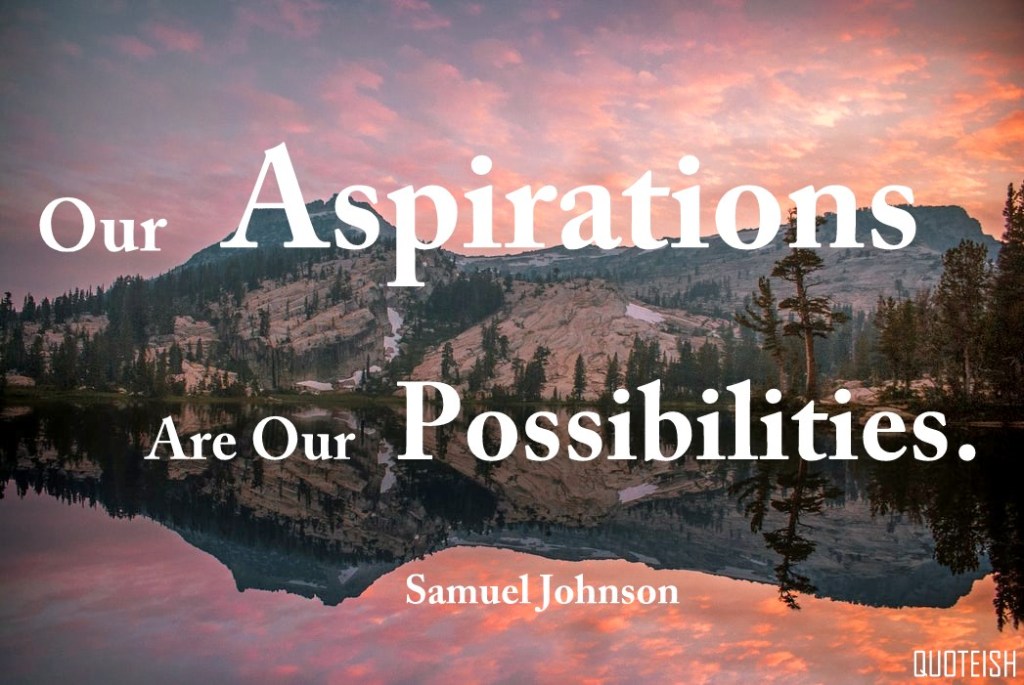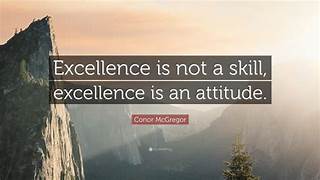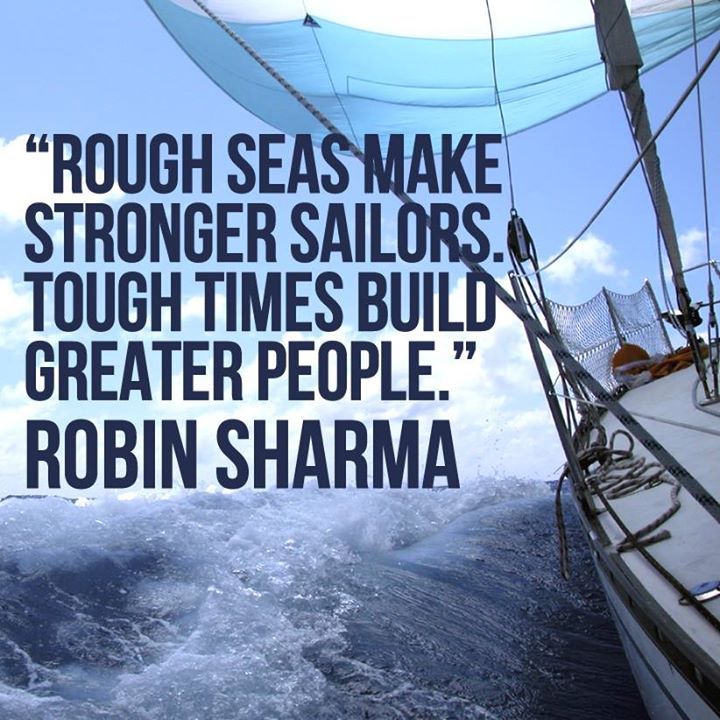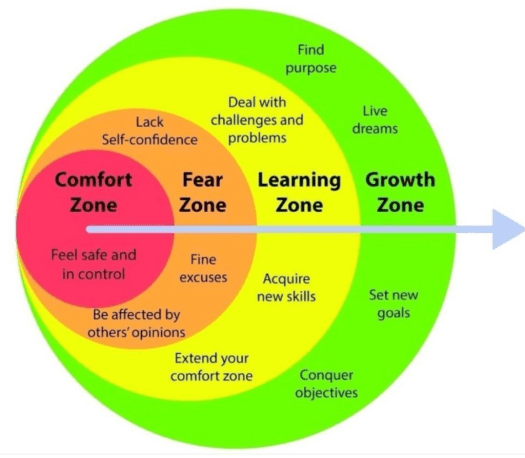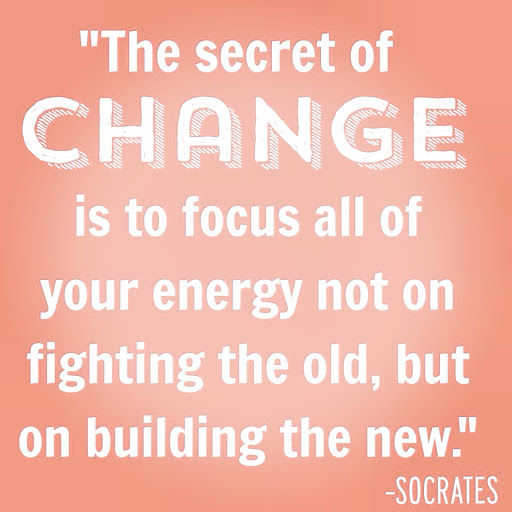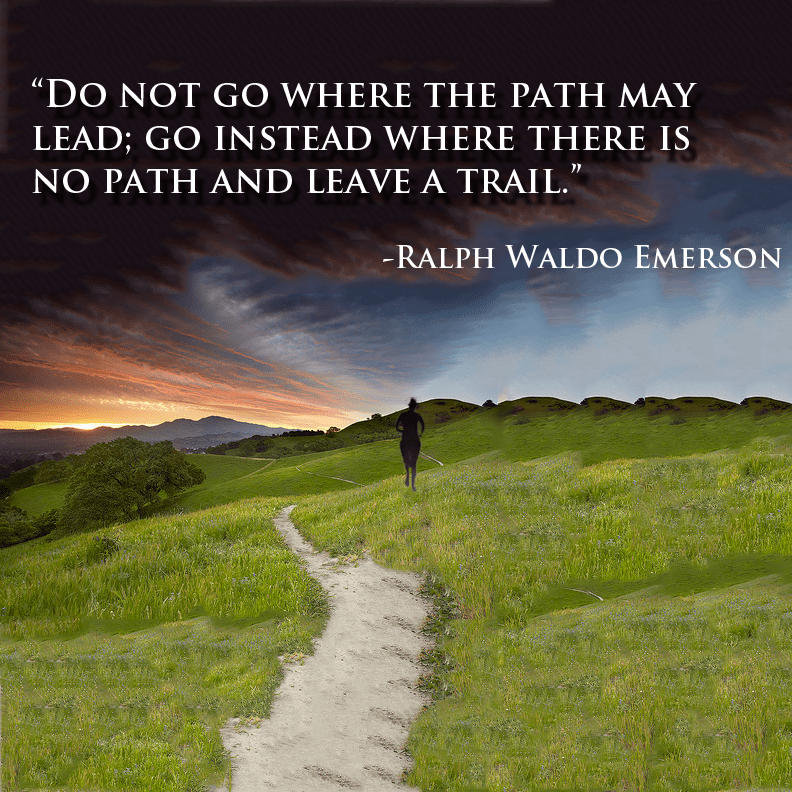Serendipity is defined as, ” the occurrence and development of events by chance in a happy or beneficial way” The word originated in 1754: coined by Horace Walpole, suggested by The Three Princes of Serendip, the title of a fairy tale, in which the heroes were always making discoveries, by accidents & sagacity, of things they were not in quest of. There are many many examples of serendipity aiding & abetting our lives. To exemplify, look at the discovery of penicillin. One of the first & still one of the most widely used antibiotic agents, derived from the Penicillium mold. In 1928 Alexander Fleming first observed that colonies of the bacterium Staphylococcus aureus failed to grow in those areas of a culture that had been accidentally contaminated by the green mold Penicillium notatum. He isolated the mold, grew it in a fluid medium, & found that it produced a substance capable of killing many of the common bacteria that infect humans. Even today infection control is largely dependent on the serendipitous discovery of penicillin.

In my 67 long years, indeed a la Ulysses, ” much have I seen and known” …”Myself not least, but honour’d of them all” But today I sit in confession. Maybe I did not deserve the credit…it was serendipity at play; & I thought I should share some notable occurrences.
अब अपनी रूह के छालों का कुछ हिसाब करूँ,
मैं चाहता था चराग़ों को आफ़्ताब करूँ| ( Now let me take account of the wounds on my soul; My desire is to make the lamps as beautiful as the Sun)
When I look back on the events of my life there are a great many examples I can quote where events developed by chance in a beneficial way ( the classic definition of serendipity) But if I look on my life as Chapters, the whole Chapter associated with my 6 years in Atul is replete with serendipity. Let me explain how & why.
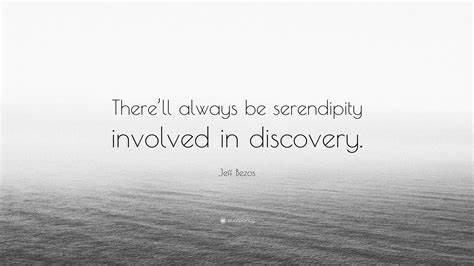
I was a Factory Personnel Manager in the Kalwa factory of Siemens, on Thane Belapur Road. Doing well career wise, as well as financially, after 10 years of service. Important job where I was making a difference. Unfortunately I made myself indispensable in Kalwa & so opportunities to grow in Siemens were passing me by. The last straw on the camel’s back was the promised deputation/training in HQ at Germany was given not once but thrice to people I felt were less deserving than me. Siemens then was golden cage & no one thought I would leave.
मुझे अब देख कर हँसती है दुनिया,
मैं सबके सामने रोने लगा था| ( Today the world looks at me & laughs; But I had started crying before all)
Along comes Serendipity & a consultant talked to me about an opportunity in Atul Products at Valsad. I interviewed, got selected as Asst. General Manager HRD. We went & saw the location and fell in love with the greenery & quality of living at the campus. I resigned & went to Atul, to the disgust of all my Bombaiyya friends. The day I went to join, Serendipity struck again. The GM HR & Admin had resigned just a week ago. So before joining, I was promoted!!! The MD told me I would take over as General Manager & head the Department!! I tried to tell I am ready to join as Asst. General Manager; see my work & then promote me. But Serendipity had struck!! I was given a higher title, higher grade, more compensation, bigger bungalow, bigger car all on my joining day!!!

Atul township gave us the best 6 years of our lives. Huge bungalow to live in & 3 mins commute from factory to house. All my free time I could spend with Rashmi, who was 6 months then. We had become parents 10 years after our marriage. So what one had hankered after, was served on a platter. Till Rashmi become 6 years of age, every day 515 pm to 730 pm, I was with her in the children’ park. Would Bombay & Siemens give me this luxury? Serendipity helped.
HMB the secretary allotted to me, was another signal from heaven that someone up there loved me. The bond he developed with my family was blessing personified!! Every day he would get fresh Mola Ganthiya for Rashmi to chew as she was teething. Giving her scooter rides when she grew up became part of his daily routine. Doctor visits for inoculation & minor sickness, we were always accompanied by him. HMB was so critical to our lives that Vinita used to say, you can travel when you want but then HMB must be in town. I got not a colleague but a brother & that relation continues even 25 years after I have left Atul. There are far too many such contacts to recollect individually. The Finance Head, the Company Doctor, the Legal Advisor all became family. As did the union leaders who are still in touch!!! The limit was our neighbors JMT & family, who would come on their own if they heard Rashmi crying, pick her up & take her to their house. They would feed her & then we were expected to go to their bungalow & have our dinner there, while the son and daughter regaled Rashmi. A confirmed Rum drinker like me had more Scotch in Atul than I have ever consumed before & after Atul. Happy & beneficial occurrences indeed, serendipity guiding our lives.
वो अब आईने धोता फिर रहा है,
उसे चेहरे पे शक होने लगा था| ( he is now washing the mirror; he was doubting his very face)
My team members especially MAB & MRC de facto took over the entire IR workload. Brilliant professionals in their own right, they had a hunger in their belly to prove themselves. I just had to let go & they picked up the ball and ran, made goals, made the department win. Frankly my contribution was just managing the periphery. The MD & other Directors had to be convinced by me. We had common union agreements for all companies on campus. So those MDs & Boards were my responsibility. Representing Atul with the Senior Union Leaders who were National & State level politicians and aligning our agenda with their demands was my role. But MAB and MRC made me a de facto “absentee landlord”. I had to just give directions & get out of their way. They delivered on the grunge work. And I basked in the glory. Serendipity? 101%

Still remember when we were recruiting a HR senior professional from StanChart the consultant told me ” Vikas it will be like riding a tiger. Are you sure you want to hire a threat for yourself?” I told him I am happiest when someone else does my job, then I can find something else to do. After 6 fabulous years at Atul, my Siemens HR Director came & invited me to re-join Siemens. I took that chance to come back to Mumbai, the mecca of professionals. Again a happy development that chance put in my lap, literally.
There are many other events & occurrences where I felt I lived a charmed existence in Atul. The friends I made in Atul are in my life even now & they play a most important role in my well-being even now. When I look back & think I did not want to join a family owned organization which had no brand value compared to Siemens way back in 1991, I see the strong hand of Serendipity at play. कालIय तस्मै नमः There was a time I used to feel proud of myself, as a great HR professional. Humility has taught me to thank Serendipity!!!
चुराता हूँ अब आँखें आइनों से,
ख़ुदा का सामना होने लगा था| विकास ( I now steal my eyes from the mirror; Coming face to Face with God: vikas)

PS all quotes are from Rahat Indori, first appearing my friend Shri Krishna Sharma’s blog आसमान धुनिए के छप्पर सा.English translations are my own. E&OE
PS2 My youngest sister says she likes only those of my blogs where I share stories. This one is full of them. Hope serendipity propels her to like this one.




